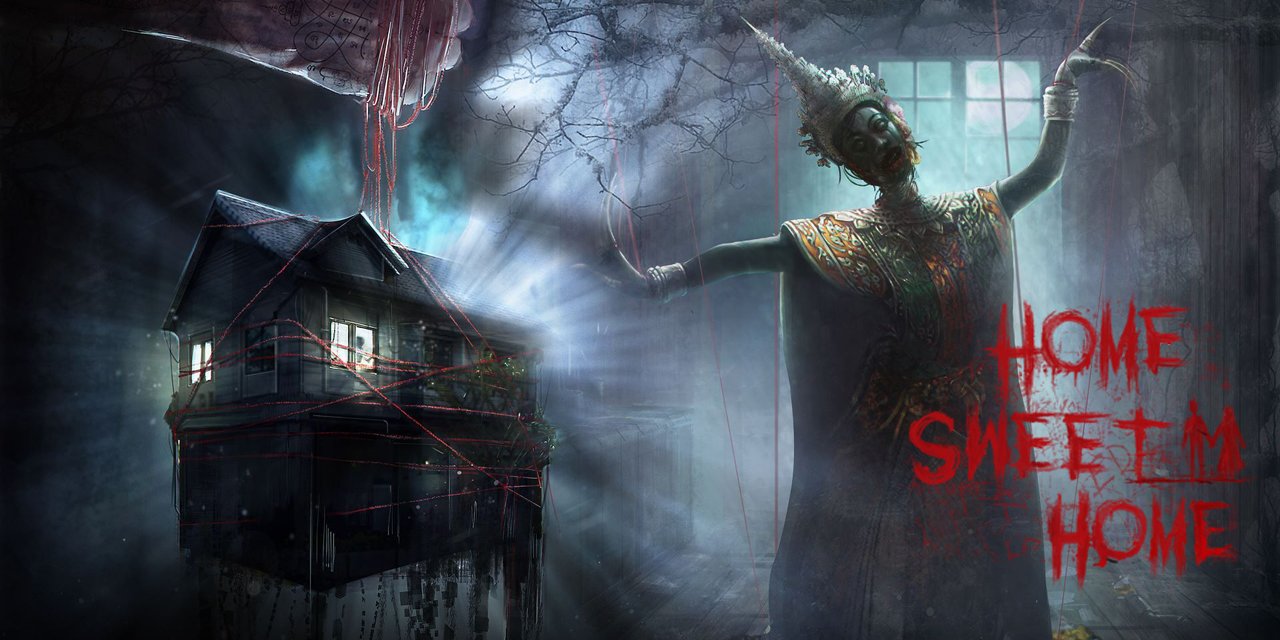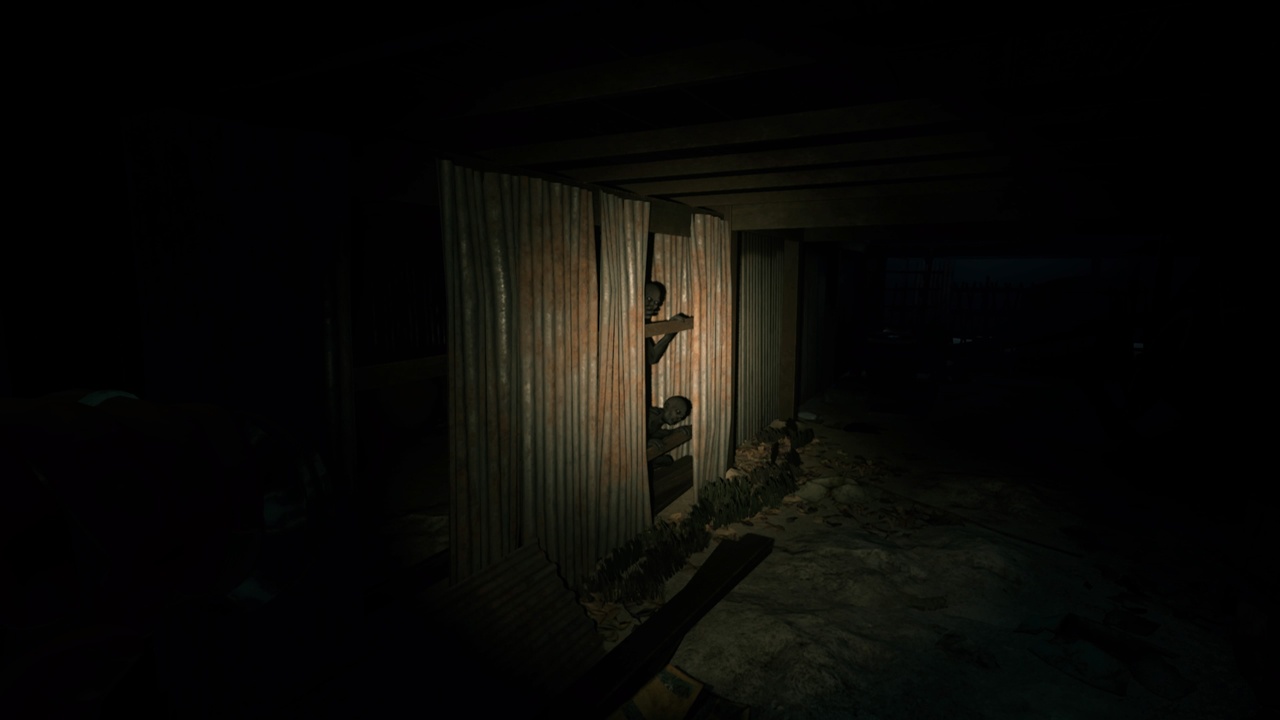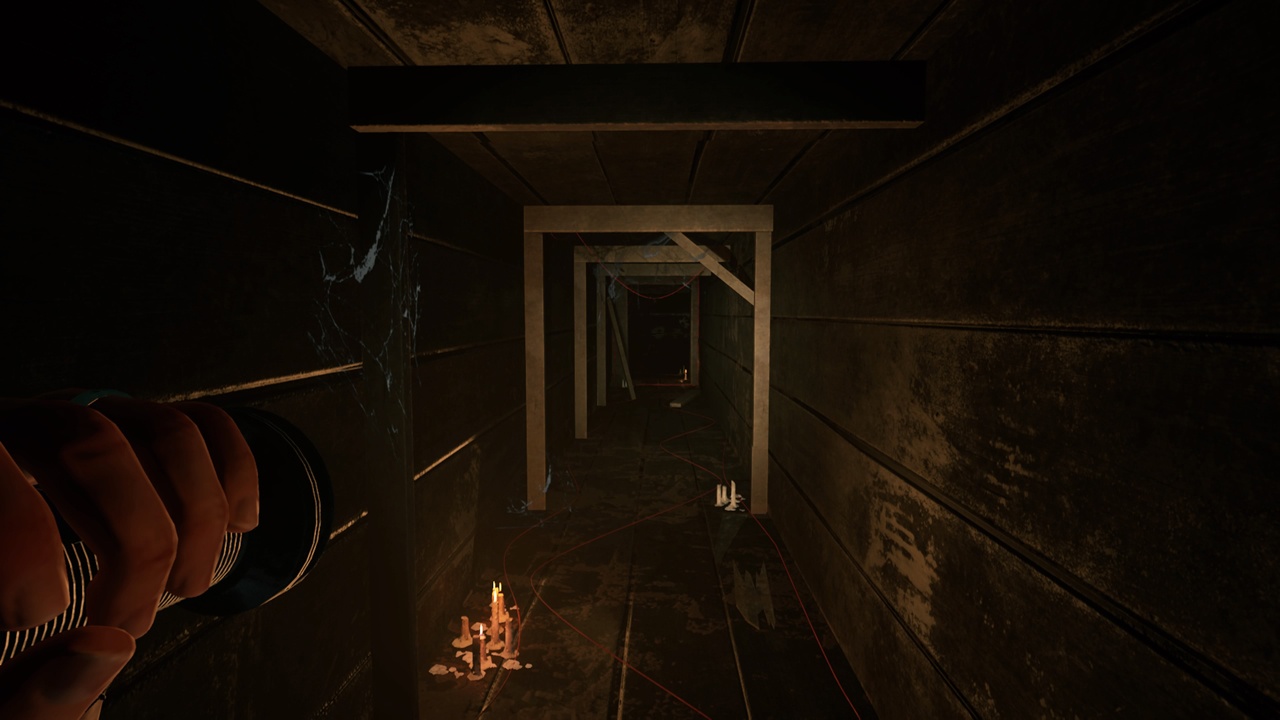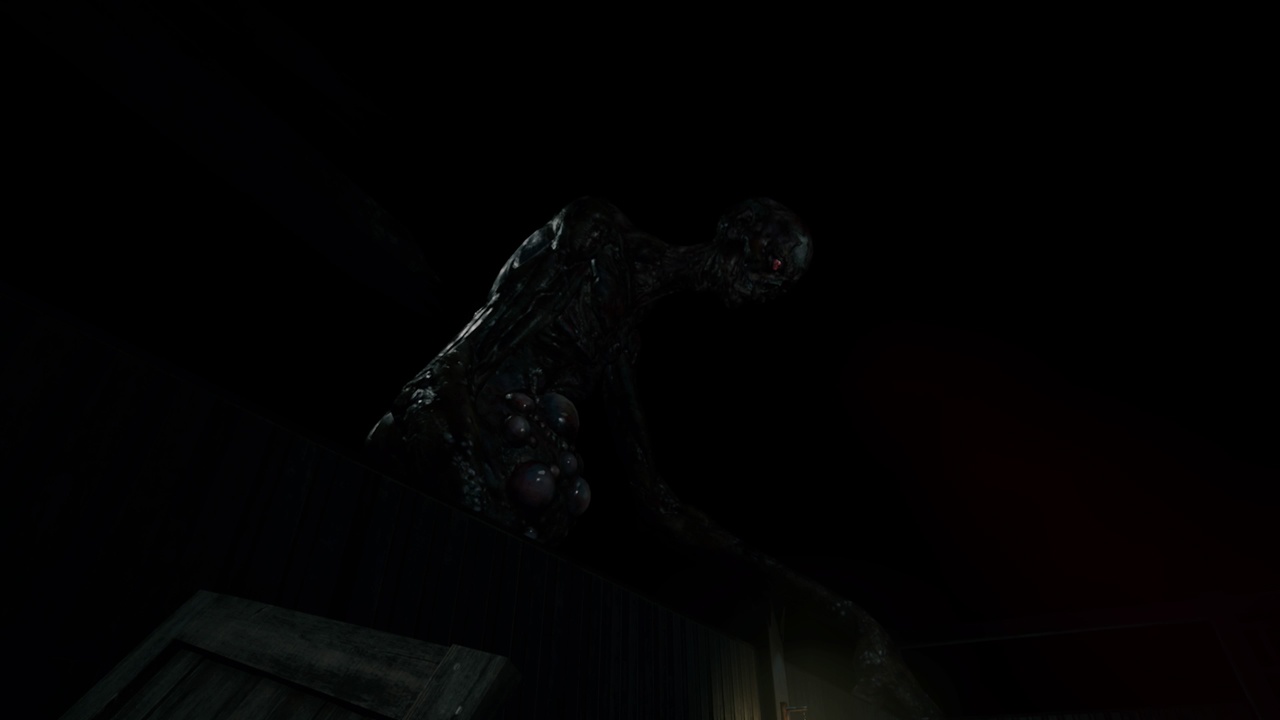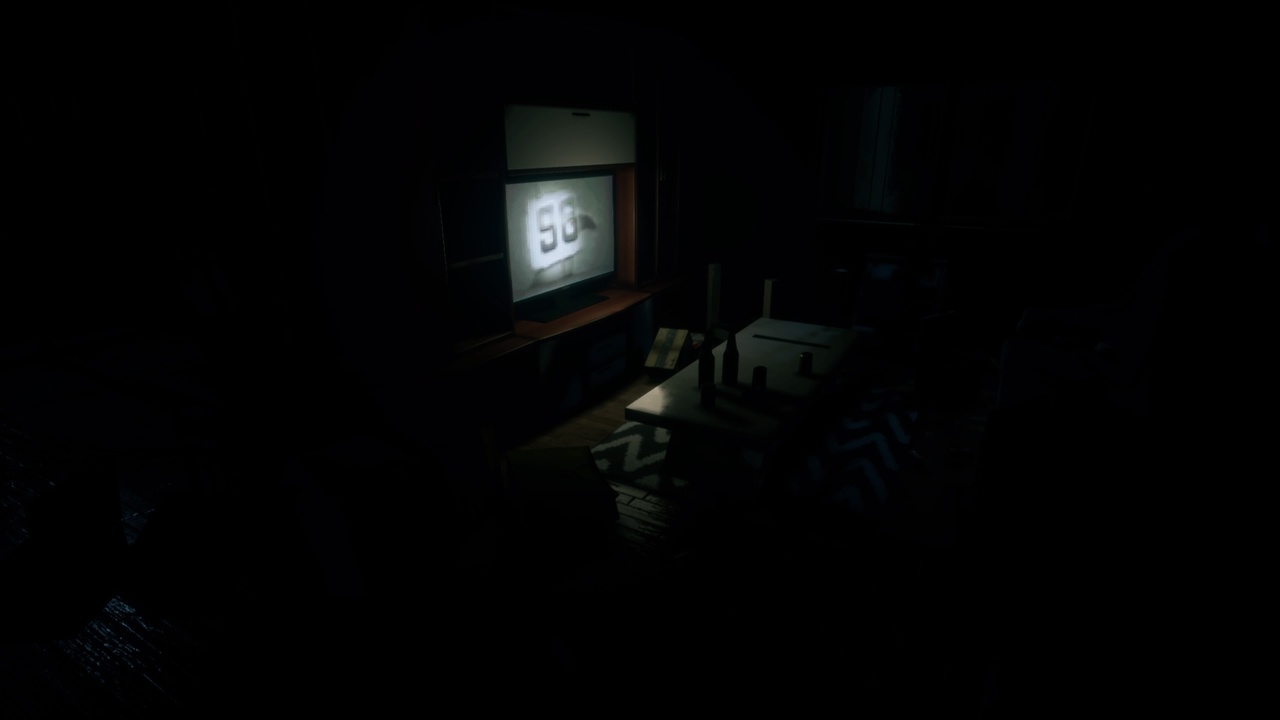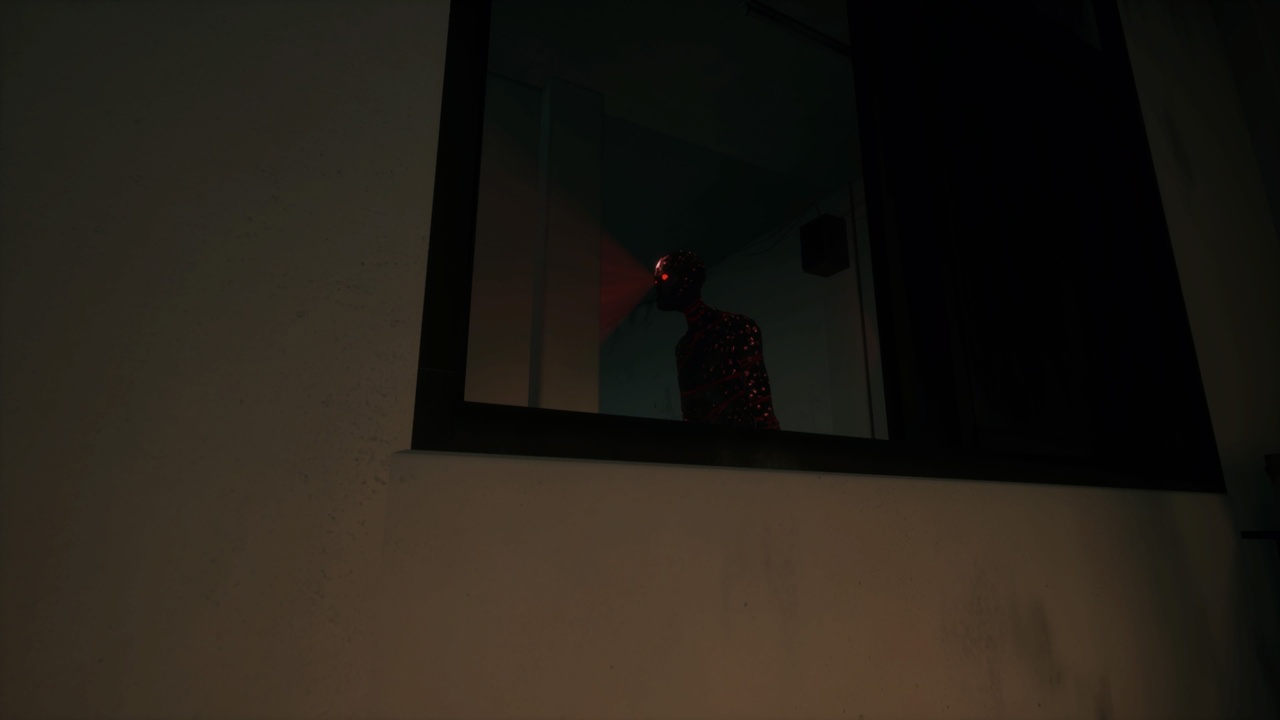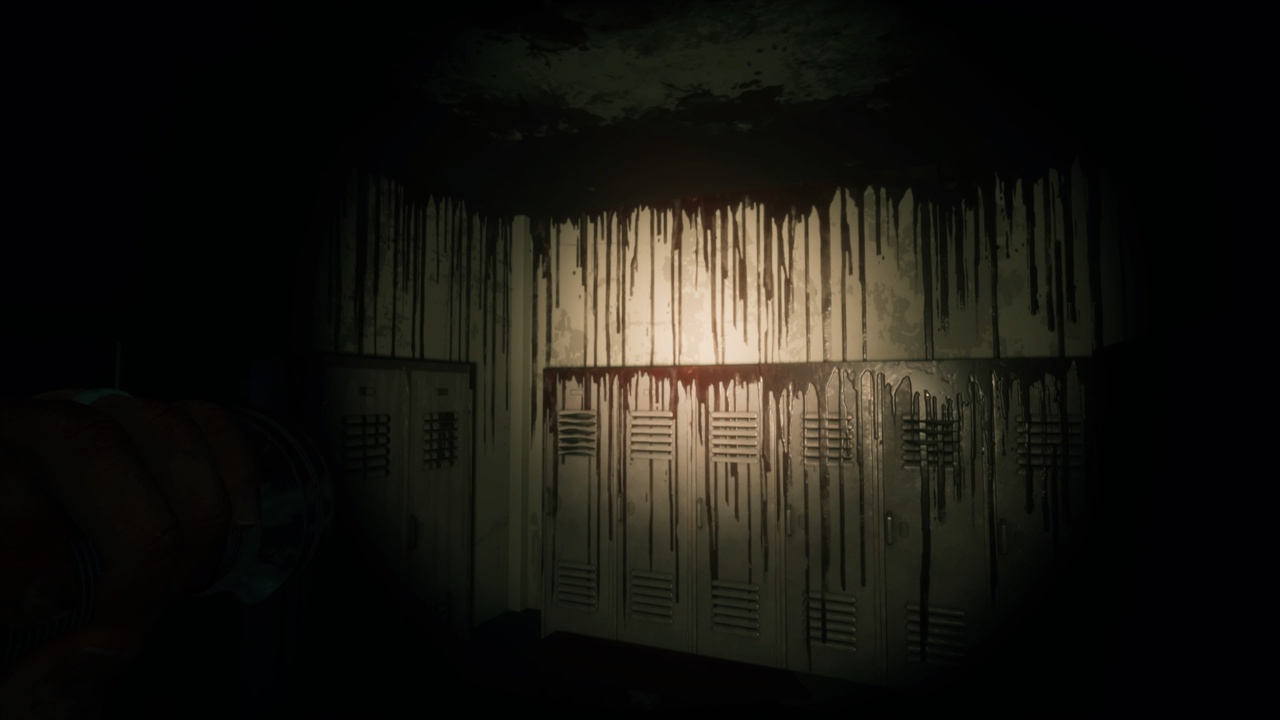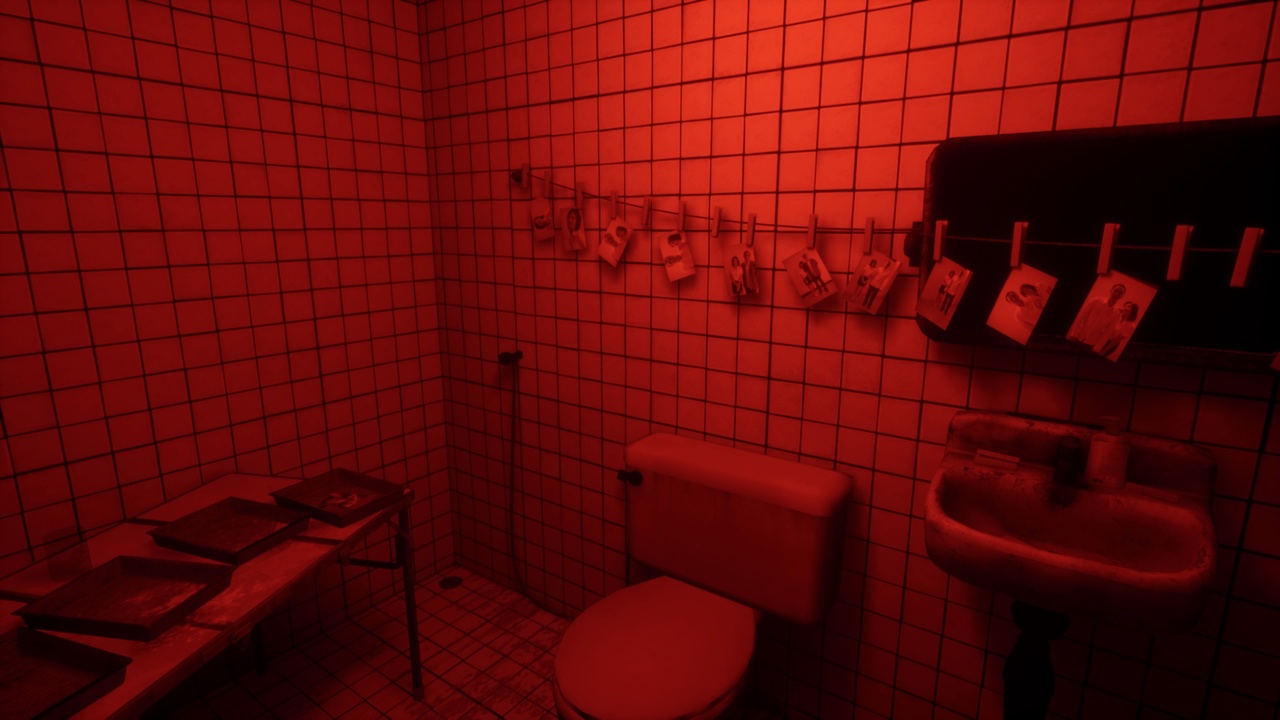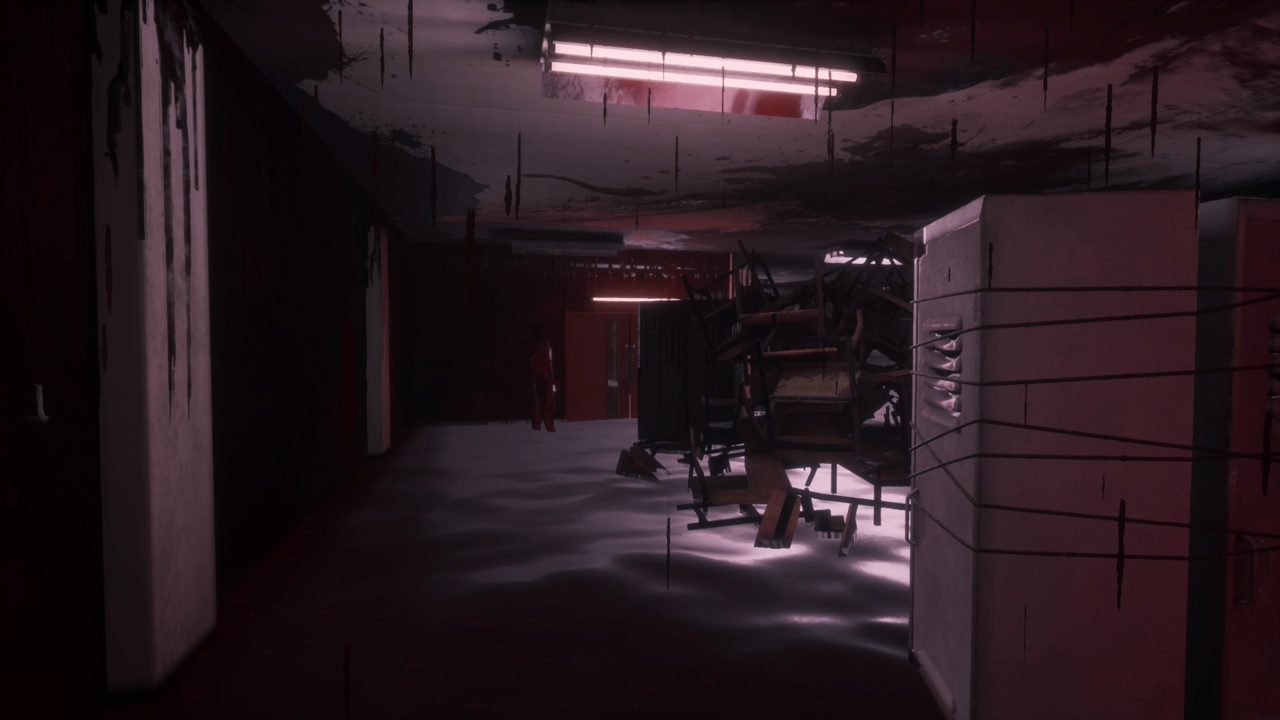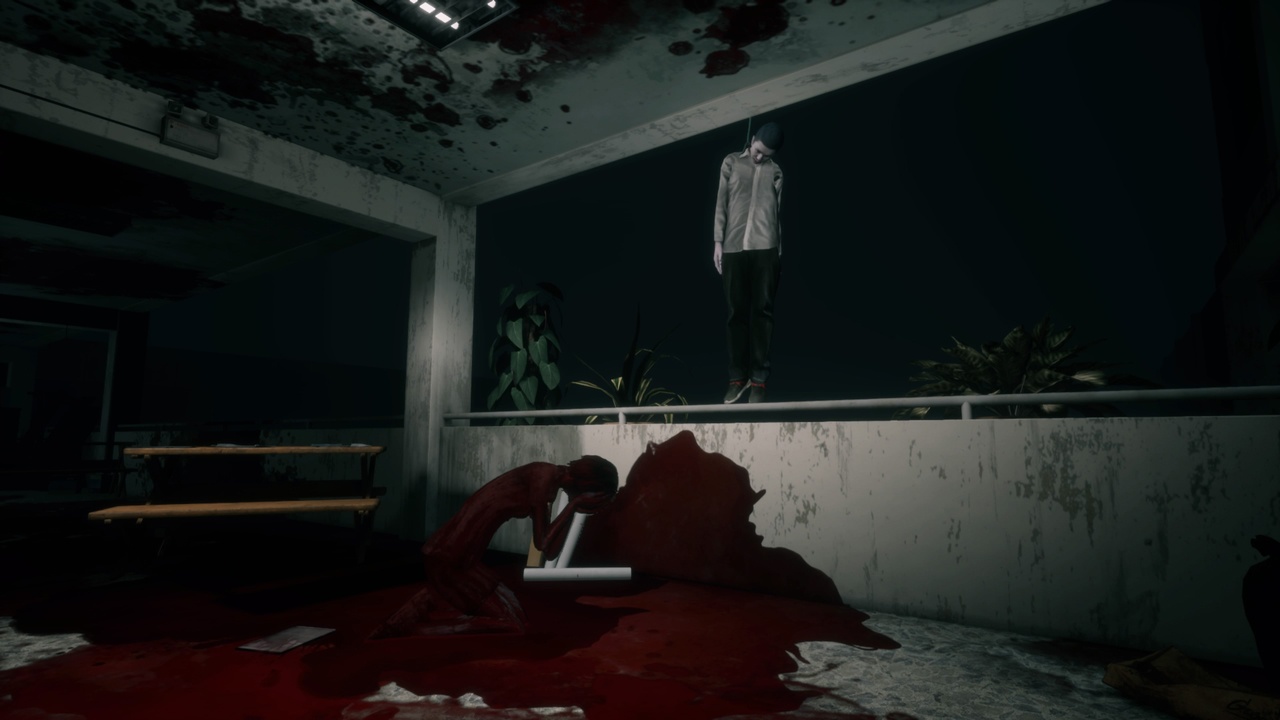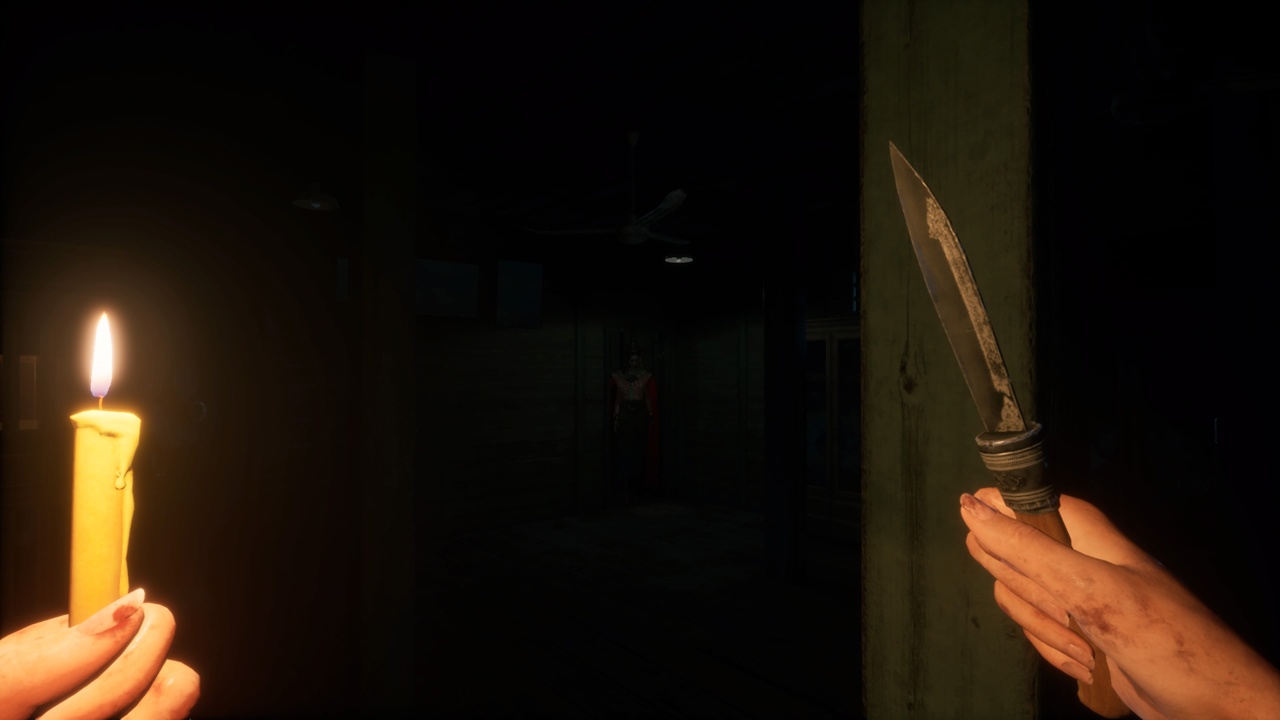“You start to play it and it’s like somebody’s nightmare…”
Hailing from Bangkok, Thailand is indie VR dev: Yggdrazil Group with their spooky, folklore-laden VR horror title: Home Sweet Home. Having released initially via Steam in September 2017, the indie horror title is the foundation of a new series, focusing on exploring Thai folklore, following disgruntled everyman: Tim who is dealing with the mysterious disappearance of his wife Jane, only to find himself stuck in a nightmarish reality in an attempt to track her down. Having only released on the UK PSN store on May 31st, I’m going to be giving my verdict on the time I’ve spent with the indie horror title, showcasing the positives and deconstructing the negatives, ultimately discussing whether it’s worth your time and money at the £24.99 asking price (EU PSN Store).
From Park Chan-wook’s neo-noir revenge thriller: Oldboy, to the terrifying 1998 cult-horror: Ringu by Hideo Nakata; there’s something subliminally terrifying about Asian cinema which has not only raised the bar for the medium as a whole, but has allowed it to stand on its own as a force to be reckoned with within contemporary media. Whether it’s down to the cultural differences or the alternative approach in cinematography, Asian horror has the capacity to terrify western audiences, drilling the fear of the unknown deep into the psyche of its viewership, far more so than any western horror has been capable of doing in recent years; largely in part due to the Western market’s incessant focus on remaking a lot of classic titles from other countries and failing miserably (the American remake of the 2007 Spanish cult-horror: REC was hilariously bad). Loosely based on the 18th-Century Japanese ghost story: Banchō Sarayashiki, Hideo Nakata’s Ringu stands as a testament to the power of Eastern horror, standing as one of the most terrifying films ever made. However, it wasn’t the pre-Y2K era visuals and similar plot tropes to the 2002 western remake that made the film so scary, but rather the mysticism surrounding the demon: Sadako, and how the main characters Reiko and Ryūji discovered the fate that befell the child (which deals far more with the paranormal when compared to its western counterpart).
Horror steeped in folklore will always hold an unmatched layer of fear to anyone outside of the belief structure of the media’s cultural origin, something that Thai VR developer: Yggdrazil Group has attempted to follow with their first video game outing: Home Sweet Home. The narrative of Home Sweet Home is steeped heavily in Thai folklore, dealing with the customs and taboos surrounding the paranormal (spirits, demons, curses etc.) while following a story relatively simple in nature. You play as Tim (an everyman in every sense of the word) whose dealing with the loss of his wife: Jane, who’s recently disappeared without a trace. Seemingly out of nowhere, Tim wakes up in an unrecognisable area and soon learns (through the aid of diary entries) that his wife has been suffering from nightmares, which may have led up to her disappearance in the otherworld. While the main story is relatively simple in context, it’s the aforementioned exploration of Thai folklore that really sets up Home Sweet Home. Upon exploring the otherworld, Tim is subjected to numerous encounters with demons, all of which are fleshed out through the game’s subtle (yet effective) means of building exposition around Thai mythology; one of the more notable of the bunch is the Petra, a demon subjected to the endless torture of extreme hunger and thirst without the ability to sustain itself, brought on by the sins of the spirit’s previous life. Thai horror primarily founds itself on religion and spirituality, particularly the concept of ‘sin’, which most of the game’s demons are centred around, keeping the experience very authentic to its Thai origins.
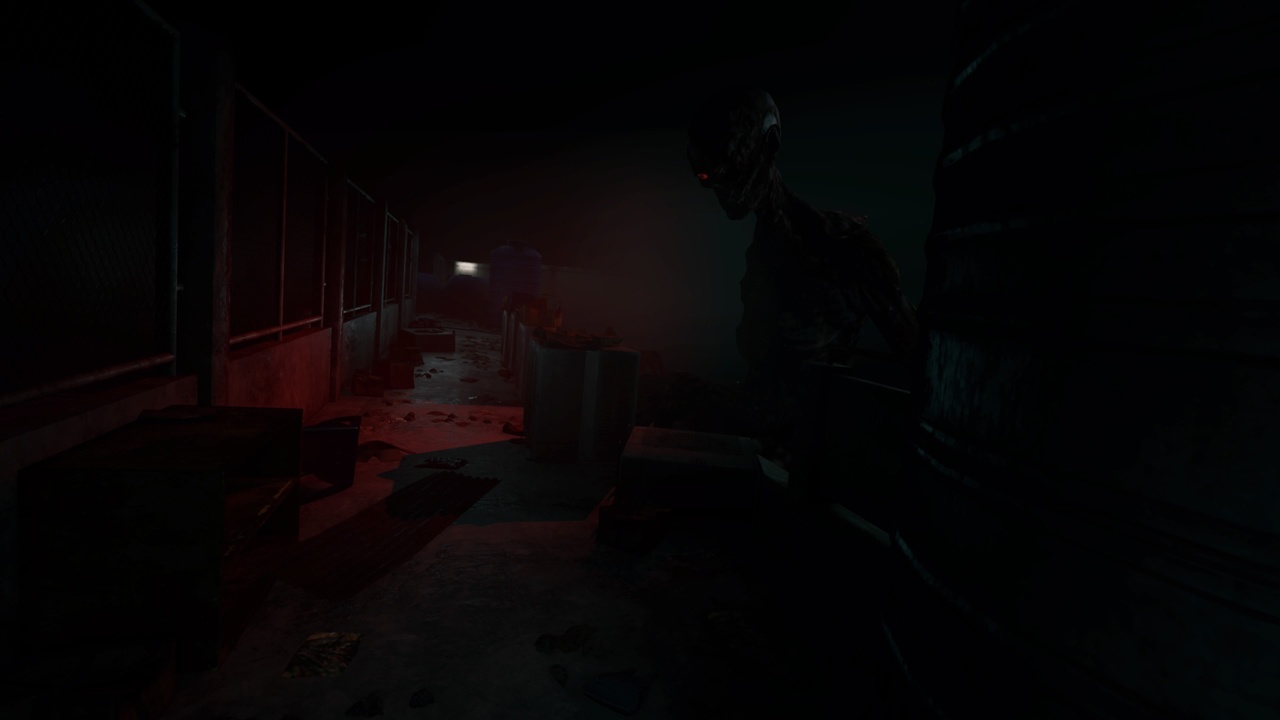
While the background narrative is fairly complex, the same can’t be same for the gameplay in Home Sweet Home, which unfortunately is pretty standard fare. In a post Amnesia/Outlast world, most indie horror games attempt to recreate the same (somewhat) stale formula for first-person horror, without attempting to inject any kind of identity of their own into the gameplay. Home Sweet Home plays very much like its peers: a first-person, puzzle-solving, stealth-laden horror experience (imagine a low-budget Resident Evil 7) that throws most of the typical horror tropes at the player when they least expect it. While I’m a big fan of the particular gameplay style of the sub-genre (Visage is downright terrifying) I couldn’t help but find myself getting a bit bored towards the end of the 5 or so hours I spent with the game, as it doesn’t do anything to particularly engage the player outside of its demon encounters. The encounters themselves are very reminiscent of other titles in the genre; for example, the sections featuring the bloody schoolgirl are very much of the ‘cat-n-mouse’ gameplay found in Alien: Isolation, and represent some of the scarier segments that the game has to offer. For the most part though, these sections are spread far too thin to really mess with the player’s mind, leaving most of the atmosphere building to the game’s more than stellar ambient sound design.
Sound presentation in Home Sweet Home is on-point, with excellent use of 3D audio showcasing the best that horror has to offer, using a low-frequency ambient soundscape in conjunction with the distant groans and sinister sounds of the game’s demons, which more than makes up for the sporadic nature of the on-screen scares (especially so when playing in VR mode). Visually the game can come across somewhat rough on the fidelity side of things, lacking an overall layer of polish that can be somewhat jarring after a while on a 4K TV. Texture details are somewhat of a bit of a mixed bag also, with the environments holding down some of highest quality, while character models have a somewhat ‘plastic-eque’ look to them, which takes away from the immersion somewhat. The issues are less noticeable in PSVR due to the low resolution of the system itself, with the VR mode standing as the preferred means of playing the game to get the most out of the scares on offer. After it’s all said and done though, it has to be remembered that this is on the ‘budget’ side of things development wise, due to the size of the indie studio behind it, with Home Sweet Home being their first outing into the medium as a whole.
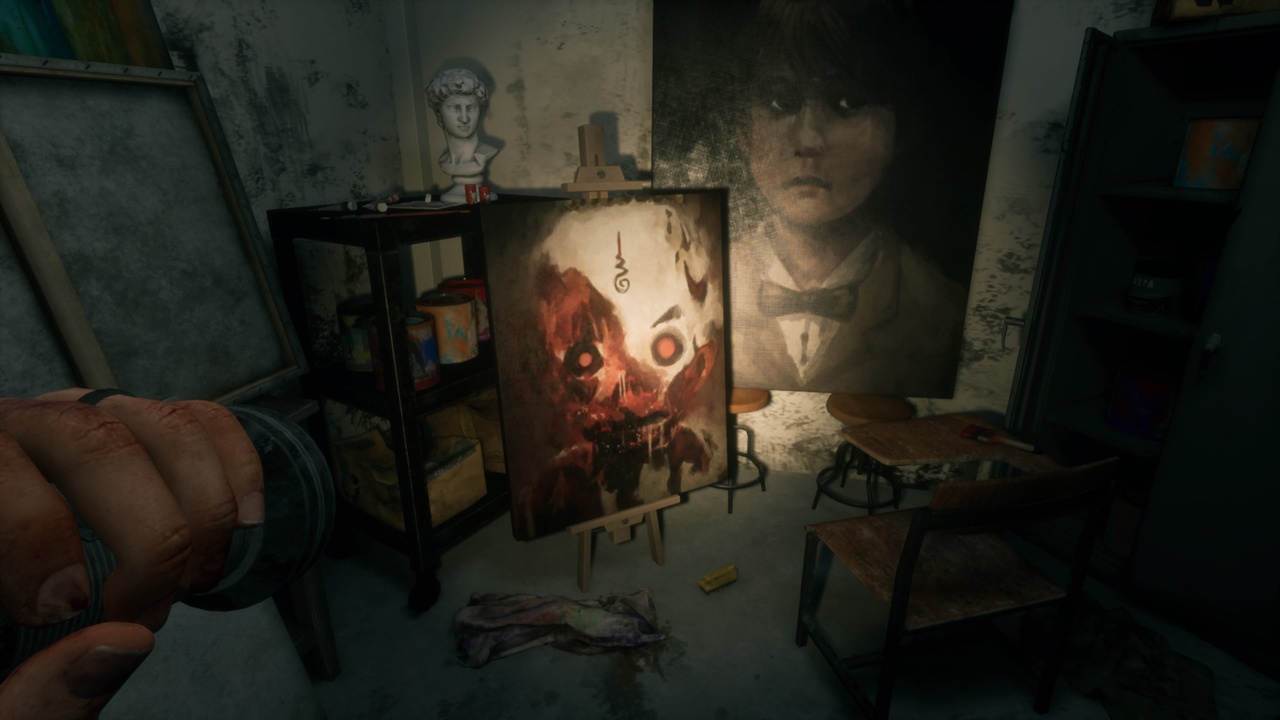
Overall the time I spent with Home Sweet Home was genuinely mixed, as I enjoyed learning about the mythology behind the game’s demons, but the overall production quality and lack of any real scare factor (beyond the aforementioned soundscape and a couple of jump-scares) really brought the whole experience down somewhat. Planned to be the part of an ongoing narrative, Home Sweet Home acts as Episode I, with Episode II being teased to be released at some point during 2019. Home Sweet Home is worth playing through once for the VR experience alone, but it’s definitely one you want to wait to go on sale first, as £24.99 is far too rich for this offering.
A review code was provided by Koch Media.

